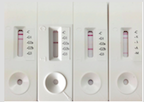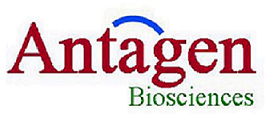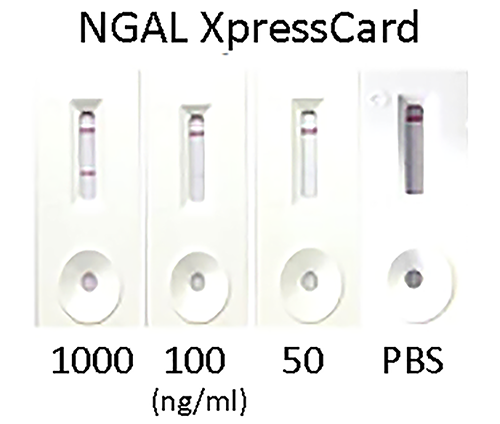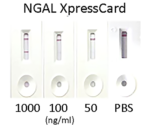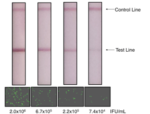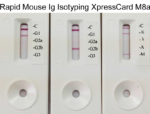$270.00
Description
NGAL, also known as oncogene 24p3 or Lipocalin-2 (LCN2) is involved in innate immunity by sequestrating iron that in turn limits bacterial growth. It is expressed in neutrophils and in low levels in the kidney, prostate, and epithelia of the respiratory and alimentary tracts.
In the case of acute kidney injury (AKI), NGAL is secreted in high levels into the blood and urine within 2 hours of injury. Because NGAL is protease resistant and small, the protein is easily excreted and detected in the urine. NGAL levels in patients with AKI have been associated with the severity of their prognosis and can be used as a biomarker for AKI. NGAL can also be used as an early diagnosis for procedures such as chronic kidney disease, contrast induced nephropathy, and kidney transplant.
Kidney health is most frequently measured by serum creatinine. Serum creatinine is a marker of kidney function, whereas NGAL is a marker of kidney injury. NGAL levels are a more precise and sensitive marker for diagnosing AKI than serum creatinine levels. In fact, the increase in urinary excretion of NGAL has been proven to be due to tubular alterations that take place before any damage can be detected by other methods. Therefore, monitoring NGAL levels reduces delayed AKI diagnosis and treatment. Using a more sensitive and specific marker allows for earlier diagnosis, correct responses to AKI, and reduced risk of morbidity and mortality.
Click the protocol below to read more:
Protocol>>Human Neutrophil Gelatinase-Associated Lipocalin XpressCard
We are a company founded and run by scientists. Our goal is to benefit the scientific community.
